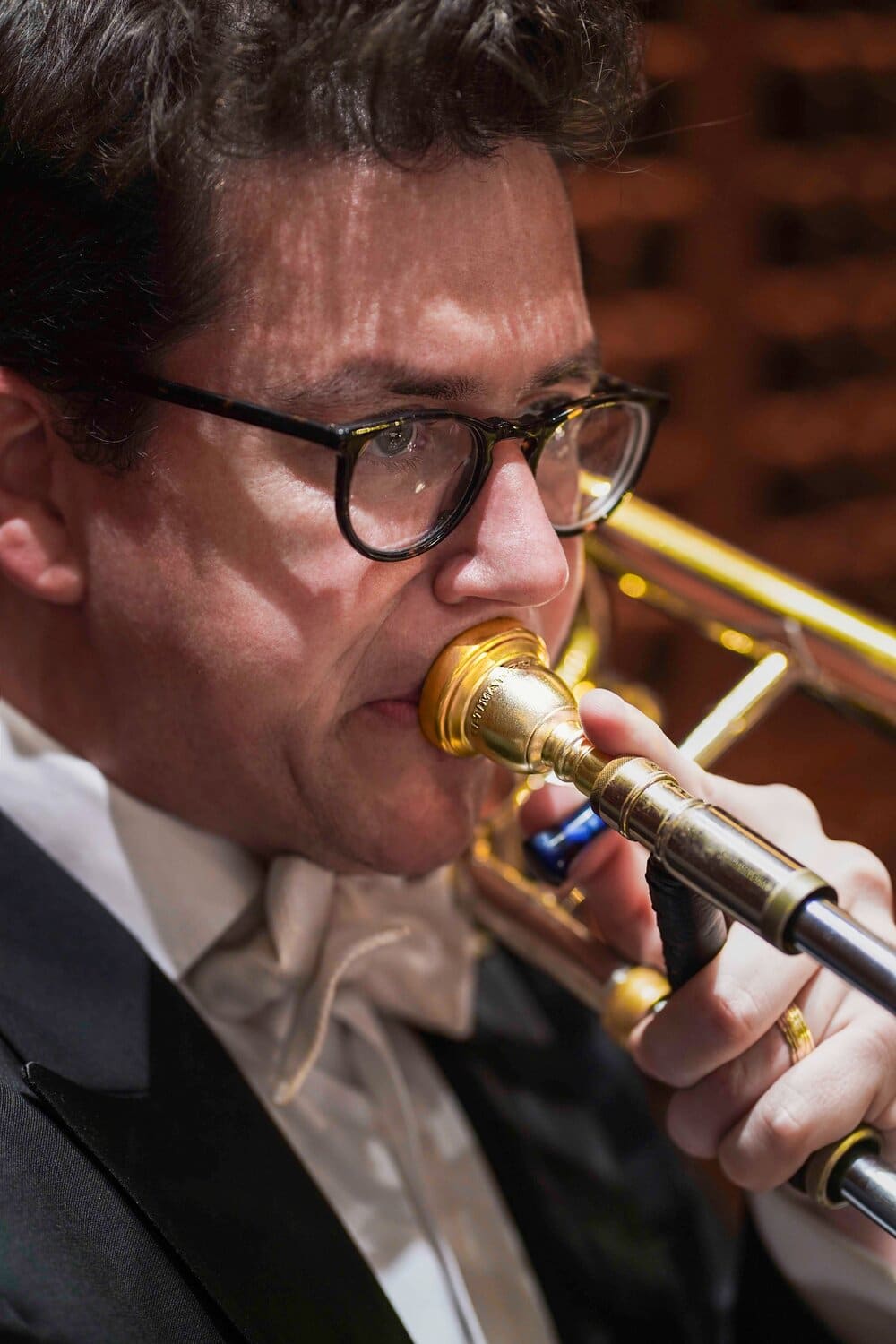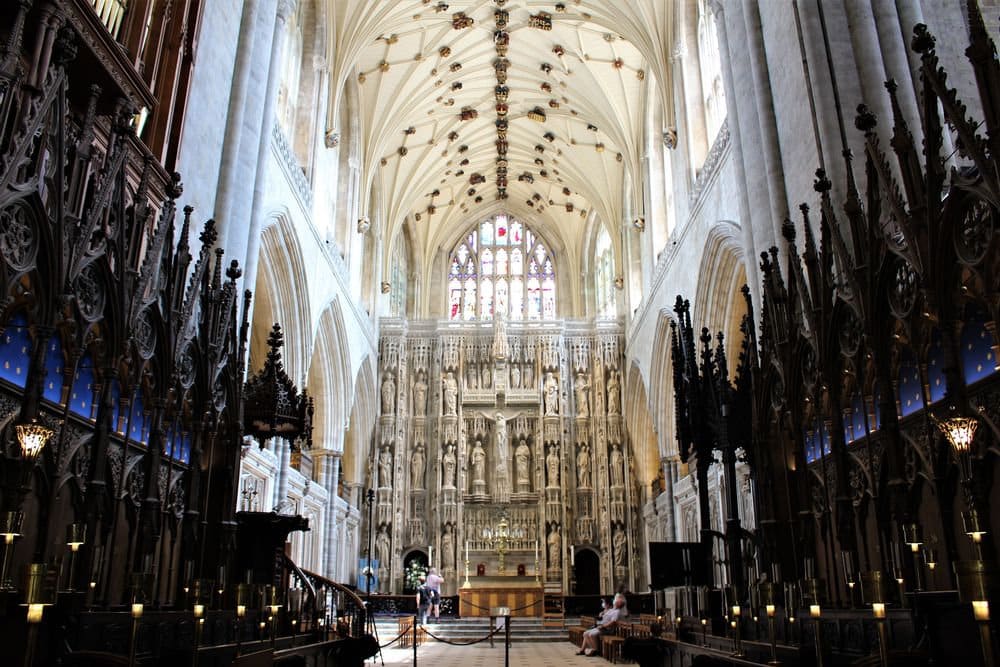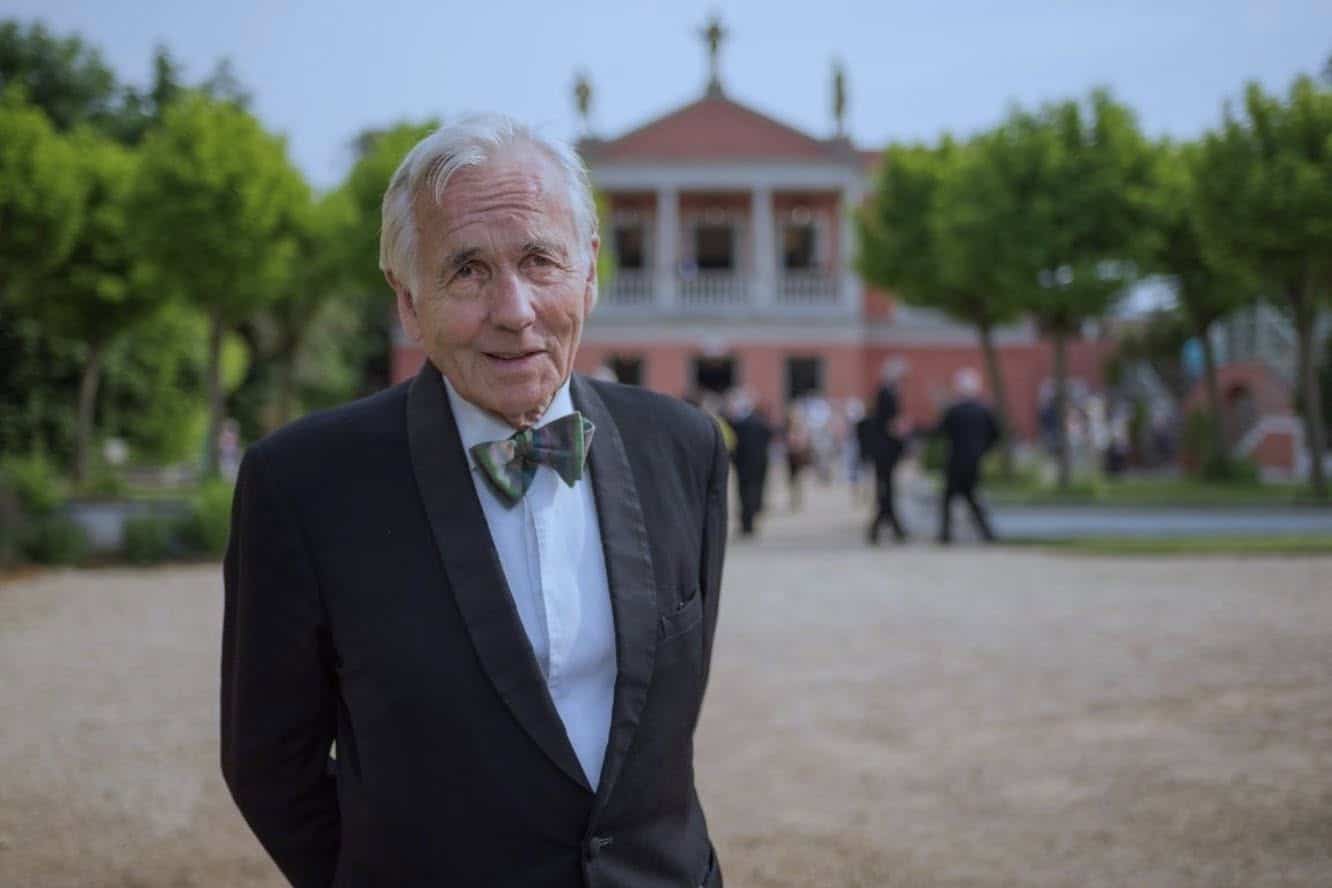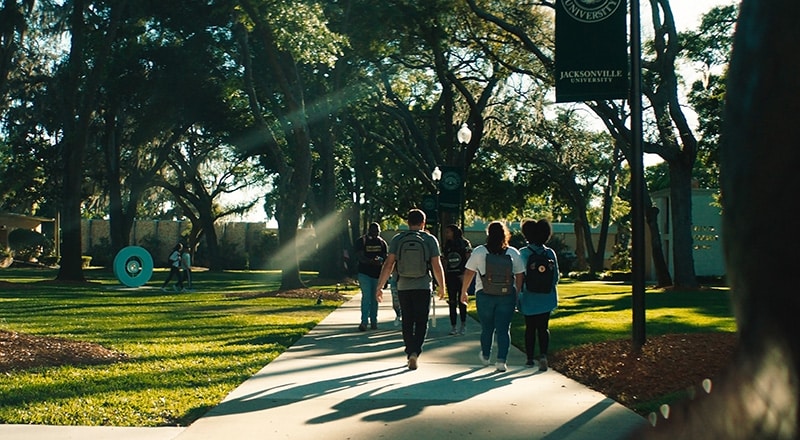Have you seen the typewriter concerto?
OrchestrasYou may find it hard to erase.


We hear that the principal trombone audition in…

A few days after the Dean’s departure, Winchester…

Martin Graham, founder of Longborough Festival Opera, died…

The Jacksonville Symphony in Florida, which recently banked…

Session expired
Please log in again. The login page will open in a new tab. After logging in you can close it and return to this page.
Comments